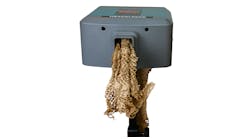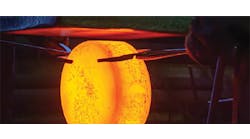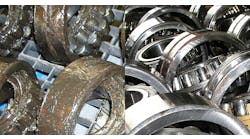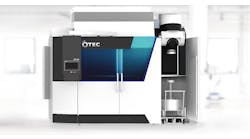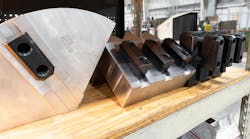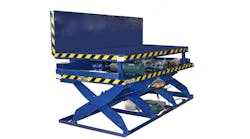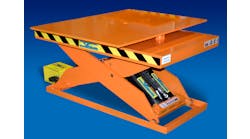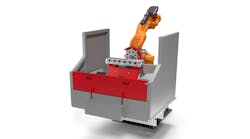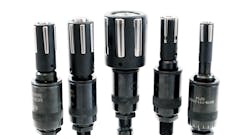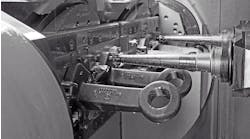Boeing Corp. is suing Alcoa Inc. alleging manufacturing defects in an unknown number of titanium forgings, which are structural components attaching wings to the fuselage of the F-22 fighter aircraft.
The F-22 is built by Lockheed Martin Aeronautics and Boeing Integrated Defense Systems. The U.S. Air Force uses the F-22 as a fighter jet, with stealth technology, but it has capabilities for ground attack, electronic warfare, and signals intelligence roles.
The suit was filed in late March. It alleges that Alcoa failed to heat treat the titanium forgings effectively to achieve the necessary “damage tolerance,” which could lead to “the catastrophic loss of the aircraft.” Boeing seeks over $12 million in compensation and legal fees, according to the suit.
Alcoa was the original manufacturer of the forgings, from June 2000 through April 2005. Boeing manufactures the fighters’ wings and fuselages under contract from Lockheed Martin, and took over manufacturing of the forgings in 2005 for unrelated reasons.
After the defect was discovered in 2005, Boeing, Lockheed Martin and the USAF continued production of the F-22 production because they concluded it was not a serious flight-safety concern, and that redesigning the part would halt production for months.
Last year Boeing and the USAF reached an agreement whereby Boeing will inspect and test the forgings, at no charge, in exchange for releasing Boeing from liability for “nonconforming frame forgings.”
Records indicate Alcoa delivered 695 of the forgings, and 651 were installed. Boeing has inspected 459 of these, and 71 have been found defective. The inspections are still ongoing.
A Boeing spokesman said the defective parts should not affect the performance of the F-22, but that the issue will be monitored by increasing the number of inspections over the service life of each aircraft.
Alcoa spokesman Kevin Lowery acknowledged there were defects in the forgings but said the company will defend itself in the suit.
“This is a commercial dispute that we’ve been in discussions with Boeing about for a long time,” an Alcoa spokesman stated. “We try to solve our commercial differences in one-on-one discussions, and unfortunately this one we weren’t able to come to an equitable agreement.”
